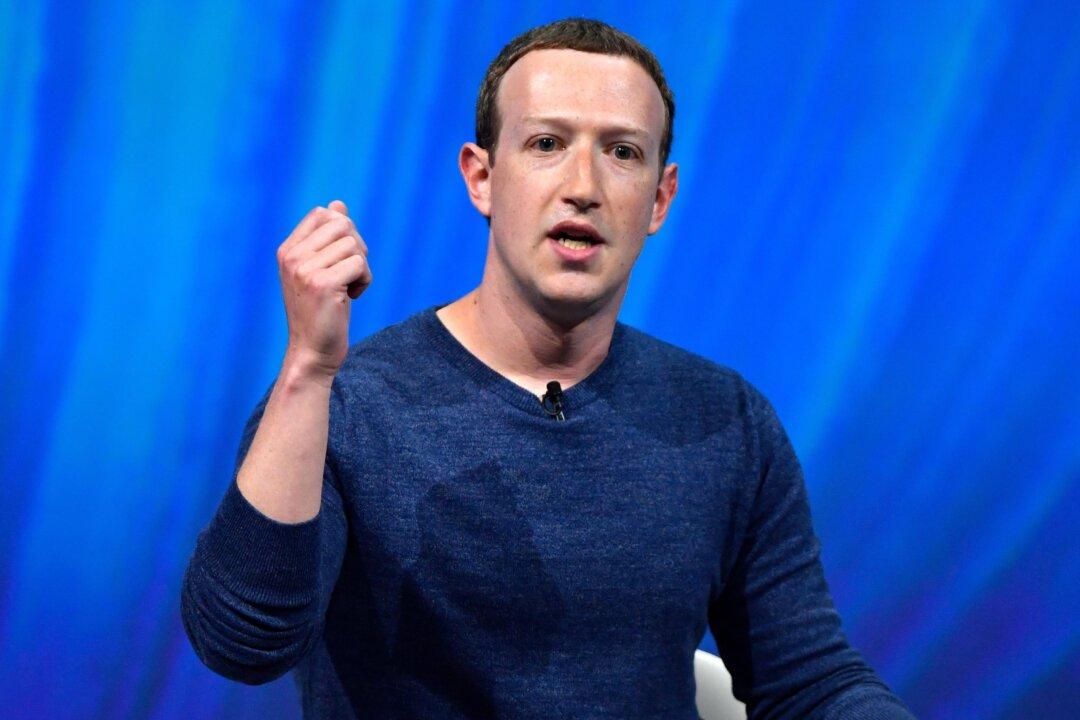Non-profit organizations gave hundreds of millions of dollars to subsidize the conducting of state and local elections across America in 2020, but their efforts were not confined to hotly contested swing states, a new study has found.
According to a report about private funding of public elections in South Carolina, released Feb. 17 by the Public Interest Legal Foundation (PILF), non-profit groups led by the Center for Tech and Civic Life (CTCL), doled out $6.5 million in grant funding to help pay for elections in the reliably Republican state. South Carolina has voted for the GOP candidate for president in every election since 1964, with the exception of 1976.





